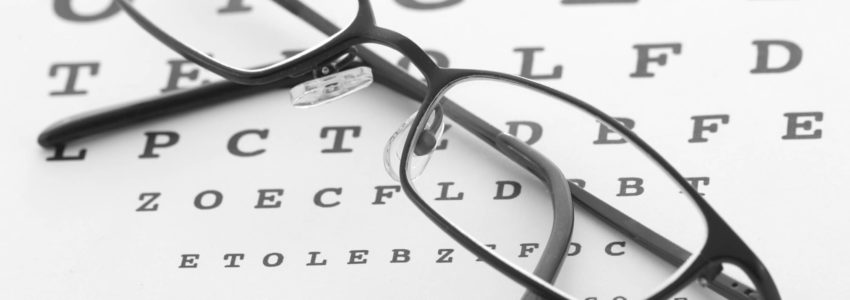Picking The Best Watch For Under 100
When choosing the best watches under 100, there are some things you want to avoid. You can buy watches online, at a local thrift store, or department stores for $100 or less. So, what should you look for, and what design features should you avoid, when choosing a watch for this price range?
Don’t choose knockoffs
Everyone wants a Rolex or Cartier but probably don’t have $10K plus to buy one. And, if you do, you might think twice (or three times) before paying that much money for a watch. When choosing a watch for under $100, you’ll want to avoid the knockoffs of these popularized brands. They not only look cheap but they also
- Have oversized parts
- They don’t match
- The watches have plastic components
- Are visibly fake
Anyone can spot the fake from a distance. It’s not only going to detract from the overall appearance, but it’s going to look tacky as well. So, avoid the knockoffs, and go with a reputable brand (such as Timex, Fossil, Invicta, etc.) where you can find a timepiece for under $100, and it looks much better than the knockoff.
Avoid faux and plated
When picking the best watches under 100, avoid faux or gold-plated watches. The reason is that at this price range, these watches are going to chip, crack, and the color will fade over time. So, if you were planning on keeping the watch for a few years, it’s not going to look good for that long, if it isn’t a higher quality watch.
Go with a quartz movement
The reason for this is that it’s the same movement in a $100 watch, as it is in a $10K watch. So, the watch is going to work well, it is accurate, and it will keep time properly. These watches also tend to last longer, so you’ll get a reasonable watch, that’s going to tell you the right time when you need to know it.
Lastly, keep your expectations in check. Even if you find the best watches under 100 you can buy, you’re not getting the same quality as you will in a $10K watch. Understand that it’s not the best leather, stainless steel, or other finishes. This, however, doesn’t mean you have to give up hope for finding a nice watch. So, shop around, and consider the different pieces out there before you invest in a new watch for the price limit you’ve set for yourself.…

